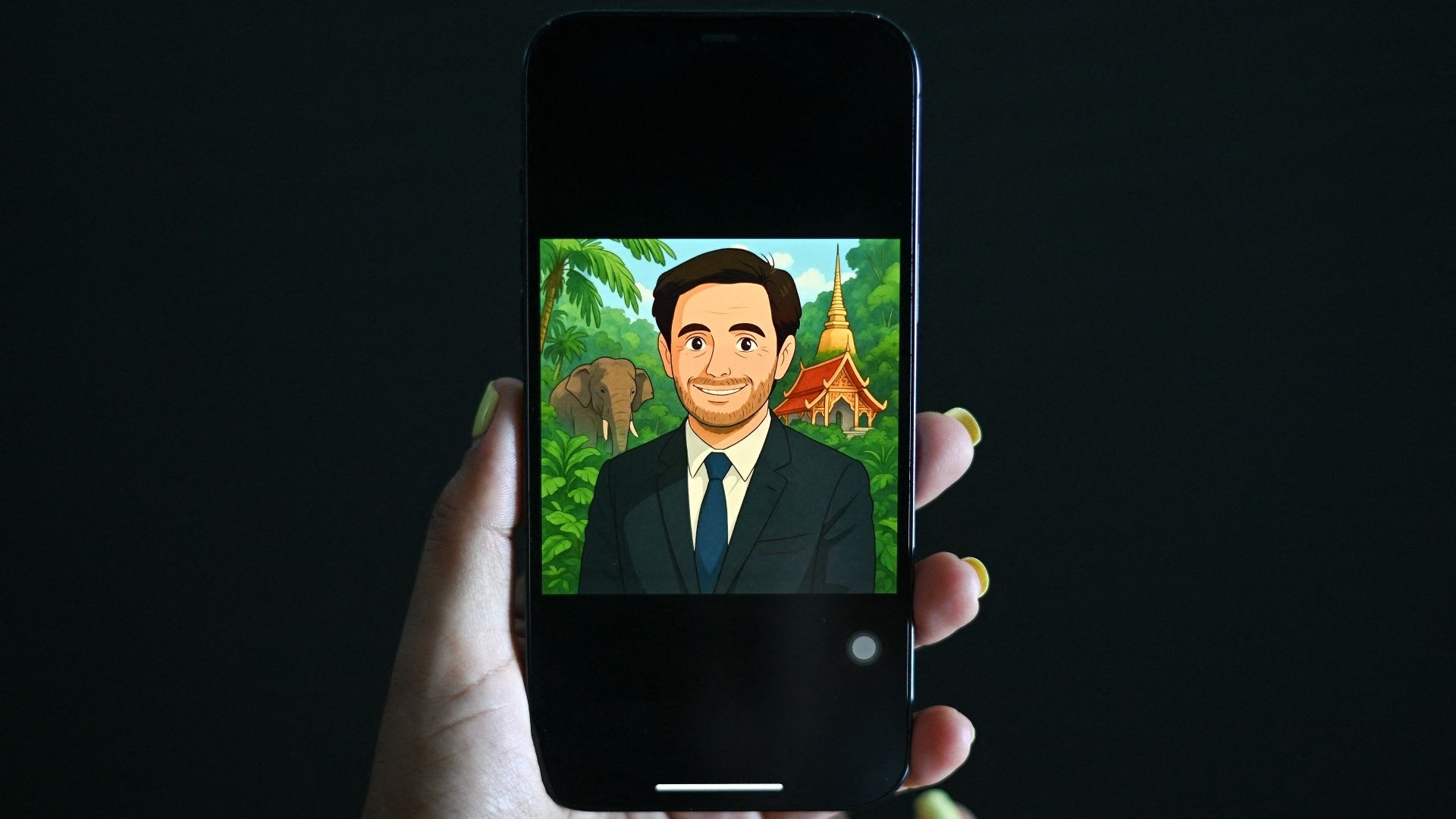Even with Microsoft’s Billions Invested in OpenAI…

The Complex Relationship Between Microsoft and OpenAI
Microsoft has been a significant player in the generative AI arena since the early days of OpenAI, the organization behind popular AI products like ChatGPT. With extensive investments in OpenAI, Microsoft was viewed as a frontrunner in leveraging AI technology. However, recent developments suggest a growing divide between the two companies, raising questions about the future of their partnership.
Microsoft’s Investment in OpenAI
Microsoft’s investment in OpenAI, reportedly amounting to billions of dollars, positioned it as a leading supporter of AI innovation. As the primary investor and cloud service provider for OpenAI, Microsoft aimed to capitalize on the competitive edge provided by ChatGPT’s early successes. CEO Satya Nadella acknowledged that OpenAI initially enjoyed a two-year head start without competition. However, this advantage appears to have shifted, as Microsoft now navigates a complex landscape in the AI sector.
The Rift between Microsoft and OpenAI
This partnership began to show signs of strain when Sam Altman, the CEO of OpenAI, was unexpectedly ousted in 2023. This event brought to light underlying tensions that had been simmering between the companies. Despite significant financial backing, Microsoft seems to be lagging in access to OpenAI’s advanced technologies, such as its latest version of ChatGPT. Notably, OpenAI chose to launch its desktop application for macOS first, omitting Windows users from this rollout – a decision that raised eyebrows, especially given Microsoft’s heavy investment.
The Situation with Microsoft Copilot
Microsoft’s own ventures into AI, particularly through products like Copilot, have also faced challenges. While ChatGPT continues to gain traction, there are concerns about the effectiveness and appeal of Microsoft Copilot. Reports from inside the company suggested that many users found Copilot to be inferior to ChatGPT, prompting criticism about its utility. To address user frustrations, Microsoft launched a "Copilot Academy" focused on enhancing users’ skills in prompt engineering. However, this initiative did not seem to alleviate concerns about the tool’s performance.
User Feedback and Performance Issues
User feedback has been mixed, with some describing recent updates to Copilot as a step backward. Frustrations have led some users to prefer ChatGPT over Microsoft’s offering, indicating the uphill battle that Copilot faces in capturing user interest and engagement. Microsoft’s efforts to promote Copilot have been hampered by comparisons to OpenAI’s rapidly evolving products, leading to questions about whether Microsoft’s AI strategy is on the right track.
The Ghibli Effect and Its Implications
As excitement grew surrounding OpenAI’s image generator tool, fueled by internet memes, it became clear that this technology would eventually make its way to Microsoft’s offerings. However, this "Ghibli effect" might be fleeting. Concerns about copyright issues have surfaced with the new image generation capabilities, potentially leading to regulatory scrutiny. Industry experts caution that such challenges could result in stricter limitations on these innovative tools.
Outlook for AI Market Dynamics
Despite uncertainties, analysts suggest that Microsoft’s connection with OpenAI could be advantageous in the long term. As ChatGPT continues to grow, it may also benefit Microsoft’s AI initiatives, especially if OpenAI’s rising success translates into increased demand for Microsoft’s services. However, the dynamic between the two entities remains complex, with ongoing technological developments shaping their interactions.
Historical Context and Future Directions
The partnership, initially characterized by promising collaboration, has shown signs of fraying as both companies express dissatisfaction. Microsoft’s concerns about OpenAI’s performance and OpenAI’s apprehensions about Microsoft’s cloud capabilities suggest a need for reevaluation of their relationship. There is speculation that Microsoft may explore developing in-house AI models to reduce reliance on OpenAI, leading to a pivotal shift in their roles within the AI ecosystem.
In this rapidly evolving field, the landscape of AI development is subject to constant change, influenced by technological advancements and market demands. As both Microsoft and OpenAI forge ahead, their strategies will likely continue to evolve in response to emerging challenges and opportunities.






